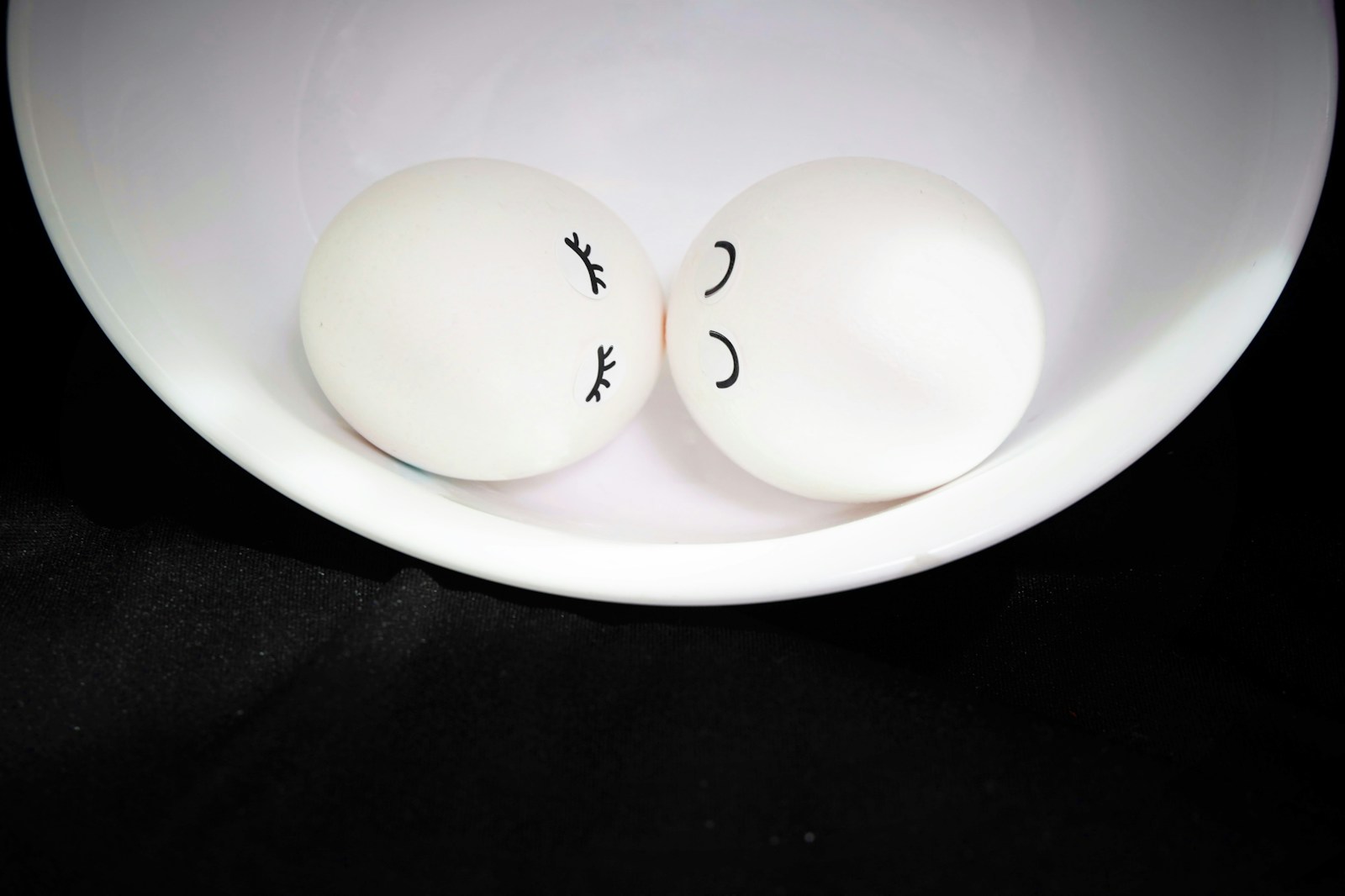
jusqu'à

until
The French word 'jusqu'à' translates as 'until' in English. It can be used in sentences to specify the extent or the timing of an event. It can be used in both temporal and spatial context. For example, temporally, 'Je reste jusqu'à lundi' means 'I am staying until Monday'. Spatially, 'Je marche jusqu'à la boutique' means 'I walk until the shop'.
Example sentences using: jusqu'à
Tu peux rester jusqu'à la fermeture.

You can stay until closing time.
'Jusqu'à' here indicates the time limit for a person to remain somewhere.
Il travaille jusqu'à ce qu'il finisse.

He works until he finishes.
None
Nous étudions jusqu'à très tard.

We study until very late.
In this example, 'jusqu'à' is used to express the extent of time the students will be studying.
J'attends jusqu'à minuit.

I am waiting until midnight.
This sentence is using 'jusqu'à' to communicate a stopping point in time when the speaker will stop waiting.
Elle court jusqu'à la maison.

She runs until the house.
'Jusqu'à' is used here to demonstrate a physical end point where the action will stop. In this case, the speaker will stop running when she reaches the house.
Je vais à Paris jusqu'à la fin de l'année.

I am going to Paris until the end of the year.
In this sentence, 'jusqu'à' is used to express a time limit, indicating that the speaker will be in Paris up until the end of the year.
Nous restons là jusqu'à ce que le bus arrive.

We stay here until the bus arrives.
Here, 'jusqu'à' is used to refer to a future event that determines the end of the current state or activity.
Elle reste silencieuse jusqu'à la fin du film.

She stays silent until the end of the movie.
The word 'jusqu'à' in this sentence is used to denote the time until a condition will be maintained - in this case, silence.
Il mange jusqu'à ce qu'il n'ait plus faim.

He eats until he's not hungry anymore.
'Jusqu'à' here is used to express that the person will continue eating until a certain condition is achieved - having no more hunger in this case.
Je patiente jusqu'à ton retour.

I am patient until your return.
In this context, 'jusqu'à' is used to indicate the duration over which the person will remain patient - until the other person returns.